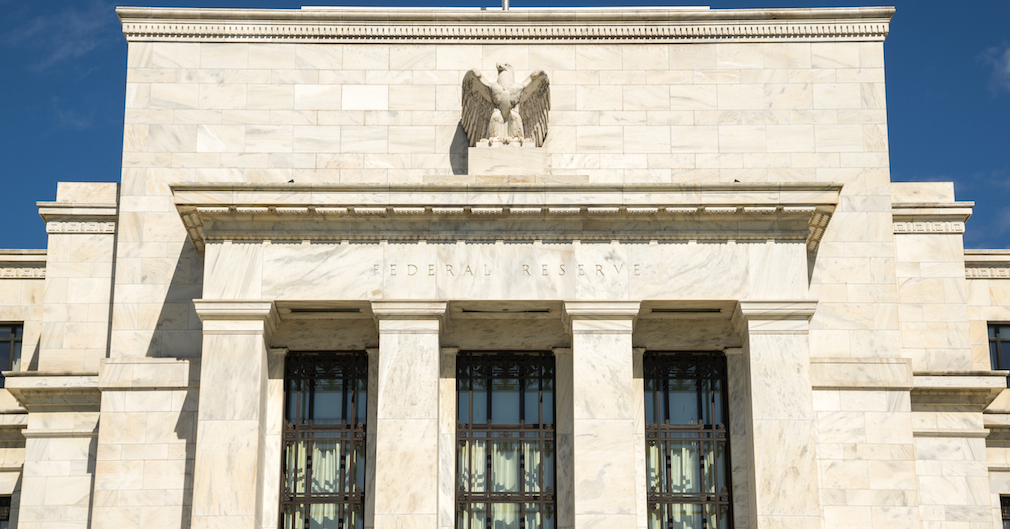For the first time in recent months, the Federal Reserve said Wednesday it would leave rates unchanged and, as expected, vowed to be “patient” in its evaluation of the economy’s health.
Following a two-day meeting of the Federal Open Market Committee, the Fed released a statement saying that economic activity has been “rising at a solid rate” and that it expects continued growth.
The committee said it will maintain its target range for the federal funds rate at 2.25-2.5%.
“In light of global economic and financial developments and muted inflation pressures, the committee will be patient as it determines what future adjustments to the target range for the federal funds rate may be appropriate,” the statement said.
In a press conference, Fed Chairman Jerome Powell said that while the economic forecast remains strong, there are “cross-currents” and “conflicting signals” to consider, citing a slowdown in growth in major foreign economies.
Powell also said several political uncertainties – including U.S. trade tensions, Brexit and fallout from the government shutdown – have contributed to the Fed’s new patient approach.
In keeping with the cautious tone, the Fed also said it was ready to slow or even reverse the reduction of its $4 trillion bond portfolio, a sharp move away from its December pledge to reduce its holdings at a steady clip.
Interestingly, the committee did not include any language in reference to “further gradual increases” as it has in the past, signaling to some that a decrease could be on the horizon.
“The neutral language will raise expectations that the Fed is done with raising rates and that its next move will be a cut,” Capital Economics wrote, saying that its previous prediction of a hike in the second quarter is now doubtful.
But while Powell did say that “the case for raising rates has weakened somewhat,” he declined to hint at a future rate cut.
When asked by a reporter if the Fed’s next move would be a rate increase or decrease, he said it all depends on the data.
"I’m going to say that it depends entirely on the data. We’re not making a judgment, we don’t have a strong prior,” Powell said. “We will patiently wait and let the data clarify."






